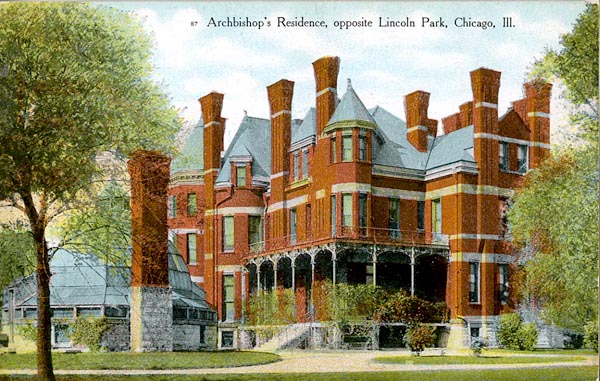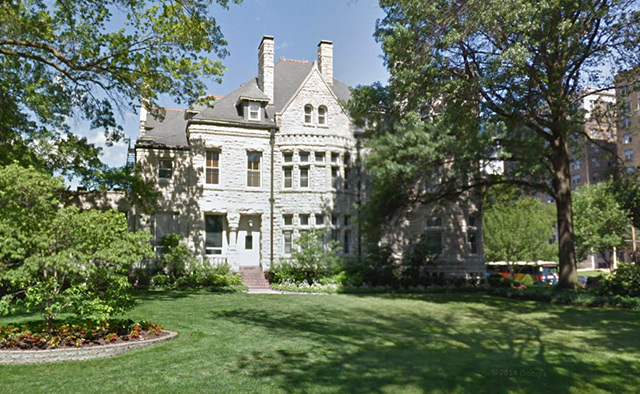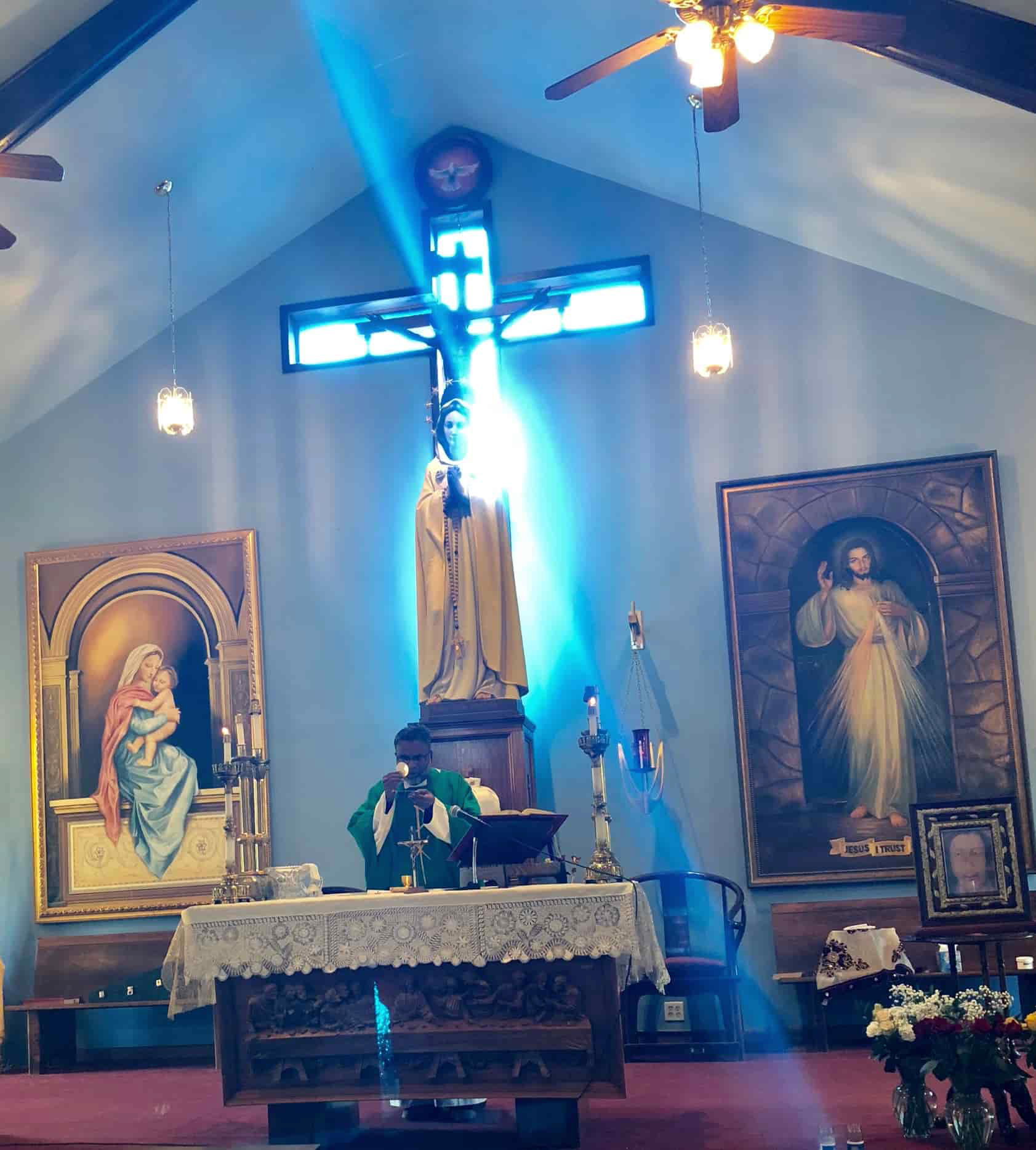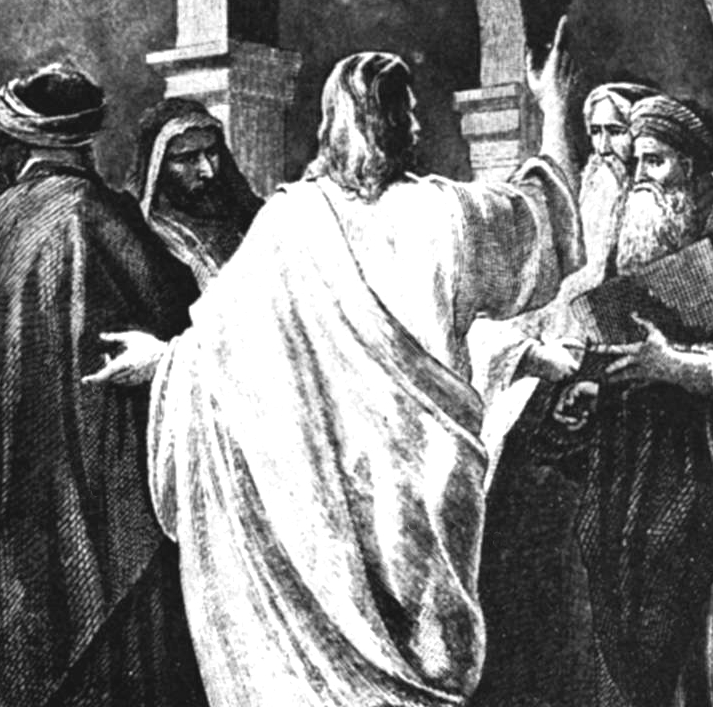What if the end game of the festering homosexual abuse crisis isn’t what everyone thinks — isn’t simply a new approach to protecting the young and ferreting out clerical sinners (urgent as those matters are, and should have been) — but something more institutional, or perhaps better said anti-institutional: a gradual disassembling of clericalism and the current ambience of Church hierarchies — the spirit in which diocesan offices as currently operated?
In other words, what if the way some bishops handle the flock — not just as per abuse, but in normal functioning — is contrary to the desires of God, and He is breaking that down? What if what we are witnessing is a slow-motion deconstruction of a Pharasaical mindset that led to the abuse crisis to begin with?

It’s to question the bureaucratic approach to Catholicism, which in too many cases has caused bishops and priests to perform their duties in a way that is entirely detached from laity; aloof from mystical theology; insensitive to the living Spirit; and in its almost sole attentiveness to human religious laws and worldly-political involvement, in line less with Jesus than with Pharisees. When a convocation of bishops looks too much like a shareholders meeting, something must be reconfigured.

That’s in quotation marks because a better word than crisis is perhaps breakdown, deconstruction, or cleansing (or all of three): a purge. To purge is to cleanse. This is good. The Pope just this week called clericalism a “perversity.” One needs only quote him. The pontiff has said it “breaks my heart” to see priests and nuns driving the latest-model cars. He’s blasted “airport bishops” who spend more time jet-setting than walking amidst their flocks. And he’s warned against church leaders who bear the “psychology of princes.” “God save us from a worldly Church with superficial spiritual and pastoral trappings!” Francis said in his book-length blueprint for the church.
And when one looks at the Pharisees, one sees not evil men, but men who had become too enamored of their canonical religiosity and positions, allowing their laws — often ones of minutiae — to assume more importance than what the Bible taught — which is God’s Love and supernaturality. The very word “pharisee,” derived from the Hebrew root prs [v;r’P], means set apart, separate, or detached. It has come to mean self-righteous.

But there are also bishops who have strayed from that to such a startling degree that they have taken the term “prince of the church” literally (and even living in castle-like homes). In this regard one recalls that Jesus called Pharisees “hypocrites.” We all must be careful not to be that.

Whatever one’s view of the Pope (and one should think twice or three times before besmirching one), we must recognize that he has repeatedly called for just this: priests who step out of upper-floor offices, who move from elaborate surroundings, who “smell like their sheep,” who tend to pastoral cares more than administrative ones, veering away from the role of prominent local businessman (or politician) and turning into evangelists, into healers. There is something fundamentally askew when we have more canon lawyers than exorcists.

But it is a “good” crisis if it results in “princes of the Church” realizing that their role is not that of powerful bureaucrat, it is not to preach dry exegesis on blackboards, it is not to array themselves in worldly splendor, it is not to sit royally enthroned, with minions scurrying about, it is not to be like Second Temple pharisees; but simply to act and preach and function — on the rural roads, the byways, the alleys, in simple attire — as did Jesus the Christ and His true disciples.
[see also: Would Jesus recognize modern worship?, Sad times: victims cheer as priest handcuffed, and Cleansed and Conformed to God’s Will]



